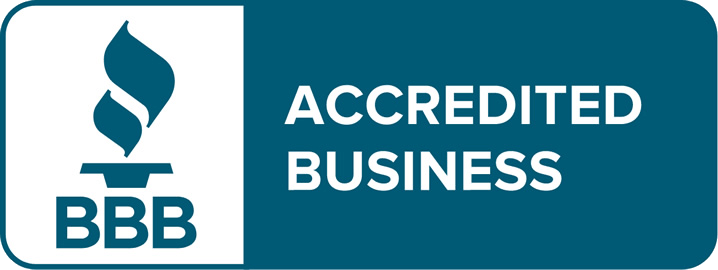Business owners wear many different hats and often times work long hours to ensure that they provide quality products and services for their clientele. Over the years, I have worked with many business owners that take considerable pride in their given trade. Whether I am working with an electrician, hair stylist, physician or daycare owner, there exists a certain level of experience and passion, a calling if you will, that leads one to start their own business. While applying a skill set in a particular trade is undoubtedly a vital aspect of running a successful business, the role of the business owner does not stop there.
Many small business (SMB) owners are forced to delegate duties and responsibilities to others as there are simply not enough hours in any given day to “do it all.” Delegation frees up more time to focus on strategic hands-on work, instead of worrying about small details. While effective, business owners must be cautious when delegating responsibilities relative to tax issues. It is not uncommon for a business owner to rely on a CPA to prepare tax returns, or a bookkeeper or payroll service to handle income statements and payroll tax deposits. Ultimately, however, a business owner must maintain accountability despite the fact that someone else is “handling” the taxes.
 The issue of accountability becomes paramount when dealing with tax liabilities in general, but particularly when that liability stems from unpaid withholding taxes. While it is clear that the IRS will attempt to collect unpaid withholding taxes from a business, many owners are surprised to learn that the IRS can also make assessments against willful and responsible parties under the provisions covering the Trust Fund Recovery Penalty. Regardless of whether or not a business owner is delegating the federal tax deposit responsibilities to others, in most cases the IRS will still find the owner responsible on a personal level.
The issue of accountability becomes paramount when dealing with tax liabilities in general, but particularly when that liability stems from unpaid withholding taxes. While it is clear that the IRS will attempt to collect unpaid withholding taxes from a business, many owners are surprised to learn that the IRS can also make assessments against willful and responsible parties under the provisions covering the Trust Fund Recovery Penalty. Regardless of whether or not a business owner is delegating the federal tax deposit responsibilities to others, in most cases the IRS will still find the owner responsible on a personal level.
Anyone that has dealt with IRS Collections has probably received numerous letters and notices regarding their liability. In fact, I would go so far as to say that IRS Collections can inundate taxpayers with notices over time. While no one wants to receive a letter from the IRS, it is imperative that business owners pay attention to each notice. Often times these notices will include requests for a response or additional information, and may contain important deadlines. Failure to respond to a notice could result in audit, additional tax, interest and penalty assessment, or levies, garnishments and possibly seizure.
When it comes to tax issues, business owners must take an active role in reviewing tax returns, federal tax deposits, and notices on a consistent and on-going basis. Paying attention to the details may make the difference between working out a reasonable resolution or facing an insurmountable obstacle. When in doubt, it is essential to seek professional help. Contact us today, and we can help to answer any questions while simultaneously getting you and your business back on track.



